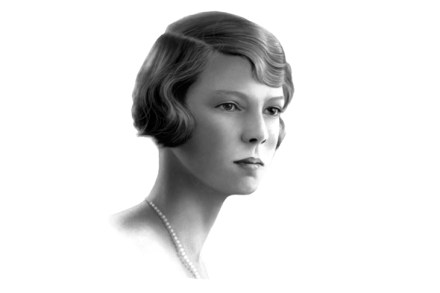Sweet dreams are made of this
I’ve read several books about sleep recently, and their authors all tell me the same three things. The first is that, in the modern world, it’s hard to get enough sleep. The second is that sleep is very important. Every night, we pass out. Every morning, we regain consciousness, half aware that time has passed. For a moment, we might have the impression we’ve just been flying through the air, or that we’re about to be executed. The whole thing is totally weird. That’s the third thing. Before I get into the weirdness, I’ll say something about the importance of sleep. Authors tend to think that what they’re writing about




















